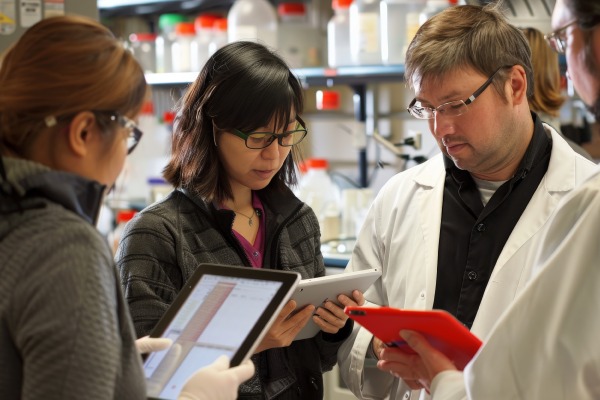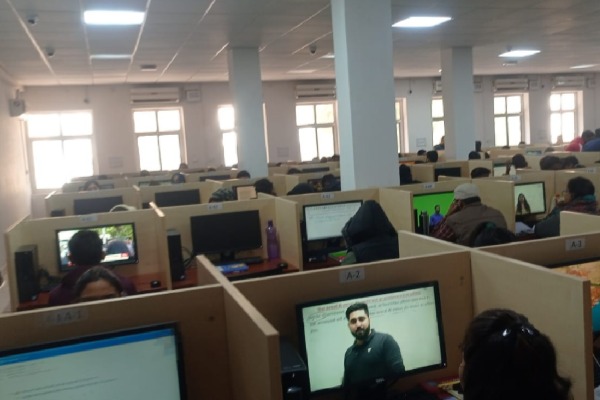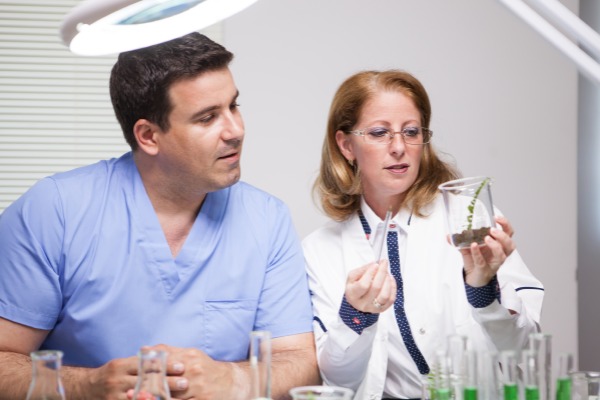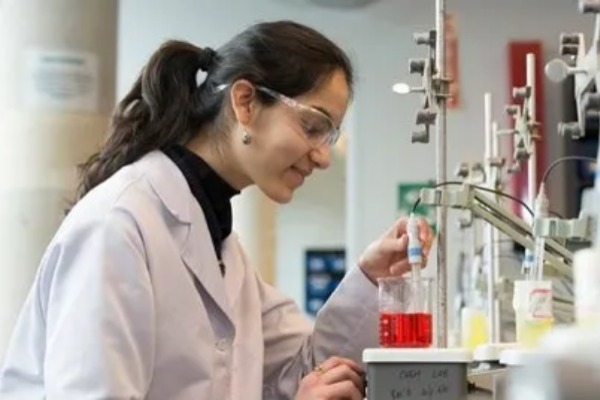
From Quality Control to Global Supply Chain: Exploring Pharma Career Tracks in India
India is one of the largest providers of generic medicines and vaccines worldwide. The growth of the pharmaceutical sector has created multiple opportunities for students. From manufacturing to clinical research and international logistics, the sector demands skilled professionals. As the industry evolves with digitalisation and global expansion, it welcomes fresh talent with technical knowledge and hands-on training. Students in India today can choose among several Pharmacy Career Pathways to find roles that match their interests and long-term goals. Institutions like Dr. M.C. Saxena Group of Colleges have built strong foundations to support this evolving field with advanced academic programs and industry-ready skills.
Table of Contents
- Introduction to India’s Pharma Industry
- Key Pharmacy Career Pathways
- From Labs to Logistics
- Role of Research and Development
- Skills That Pharma Companies Look For
- Career Outlook and Future Trends
- Choosing the Right College
- Frequently Asked Questions
Introduction to India’s Pharma Industry
India ranks third worldwide in terms of pharmaceutical production by volume and is home to over 3,000 drug companies and 10,500 manufacturing units. According to IBEF, the Indian pharmaceutical market was valued at over USD 50 billion in 2023. This growth is backed by high domestic demand and consistent global exports.
A rising focus on biotech, wellness, vaccines and active pharmaceutical ingredients makes it a vibrant sector for professionals. Government initiatives like Production Linked Incentive schemes and bulk drug parks are boosting infrastructure, leading to more jobs across Pharmacy Career Pathways.
Key Pharmacy Career Pathways
Students pursuing pharmaceutical studies can choose from a wide range of roles across the product lifecycle. Some of the most promising Pharmacy Career Pathways include:
-
Quality Control Analyst
Monitor drug composition, packaging, and storage according to national and international standards. -
Regulatory Affairs Specialist
Ensure the company complies with all legal and regulatory frameworks for approvals in India and abroad. -
Production and Manufacturing Executive
Oversee medicine manufacturing units, machinery handling and safety management. -
Pharmacovigilance Officer
Track and record side effects, drug interactions, and overall patient safety post-drug launch. -
Clinical Research Associate
Assist in clinical trials and data collection on drug effects in human trials. -
Formulation Development Scientist
Design new drug combinations and effective dosage formats. -
Supply Chain and Procurement Officer
Manage the sourcing, storage, and timely distribution of medicines across regions and borders.
Each role has its own learning curve and training requirements. However, students from recognised institutions often get the first advantage in terms of internships and placements.
From Labs to Logistics
The pharmaceutical supply chain is not just about shipping medicines. It is a highly coordinated system involving storage, documentation, compliance, and temperature-controlled transport.
Those choosing logistics and global supply as their Pharmacy Career Pathways need to understand procurement, vendor management, warehouse operations, and compliance regulations like WHO-GDP and USFDA.
Graduates with interest in operations and management find these roles both challenging and rewarding. With the right guidance and exposure, even entry-level professionals can grow into regional supply managers in a few years.
Role of Research and Development
R&D is at the core of pharmaceutical innovation. It covers pre-clinical studies, toxicology testing, drug design, and bioequivalence studies.
Jobs in this sector often begin with junior research assistant roles and can lead to senior scientist positions. If you are curious, good with laboratory tools, and have a strong interest in chemistry or biotechnology, this could be one of the most suitable Pharmacy Career Pathways for you.
Skills That Pharma Companies Look For
To build a successful career in this sector, students must combine technical skills with communication and problem-solving abilities. Some in-demand skills include:
- Strong understanding of GMP and GLP standards
- Basic knowledge of ICH, WHO and USFDA guidelines
- Precision and attention to detail in lab and production work
- Data entry and analysis for regulatory or clinical projects
- Use of software tools like LIMS and SAP
- Report writing and documentation skills
- Time management and process planning
Soft skills are just as important. Employers value professionals who can work in teams, meet deadlines, and adapt to fast-changing requirements.
Career Outlook and Future Trends
India’s pharma sector is expected to grow to USD 130 billion by 2030 as per government estimates. Roles in biotechnology, AI-based drug design, robotic manufacturing, and global supply operations are likely to increase.
Students should prepare to work in cross-functional teams with international collaborations. Remote monitoring of production, AI-led data review, and virtual clinical trials will soon become a part of daily responsibilities.
If you are looking to build a sustainable and dynamic career, pharma can offer the diversity and growth you are seeking.
Conclusion
A strong academic foundation matters when starting your journey in the pharmaceutical field. Dr. M.C. Saxena Group of Colleges has been providing the quit essential platform since 2004, imparting professional and technical skills of the required industry standard to enhance career opportunities in various industries. The college was established and is run by the eminent scientist Dr. M.C. Saxena with distinguished and scientific dispensations of world class.
A well-rounded program that includes theory, practical training, industry exposure, and soft skills development can prepare students for multiple pharmacy career pathways.
- Email: atmcscet@rediffmail.com
- Call: +91 9936052233
Frequently Asked Questions
Q1. Which degree is best for a career in the pharmaceutical industry?
A. A Bachelor’s in Pharmacy (B.Pharm) or a Diploma in Pharmacy (D.Pharm) is the starting point. Higher education like M.Pharm or MBA in Pharmaceutical Management is helpful for specialisation.
Q2. What is the salary range in pharmacy jobs in India?
A. Entry-level roles start from ₹2.5 to ₹4 LPA. With experience and higher degrees, professionals can earn over ₹10 LPA depending on their role and location.
Q3. Can pharmacy graduates work in non-clinical roles?
A.Yes, many Pharmacy Career Pathways are in regulatory affairs, marketing, supply chain, sales, and documentation where clinical practice is not required.
Q4. Are internships important in the pharmaceutical field?
A. Internships help you gain practical experience and increase chances of placement. Many colleges also offer industry tie-ups for real-world exposure.





































































